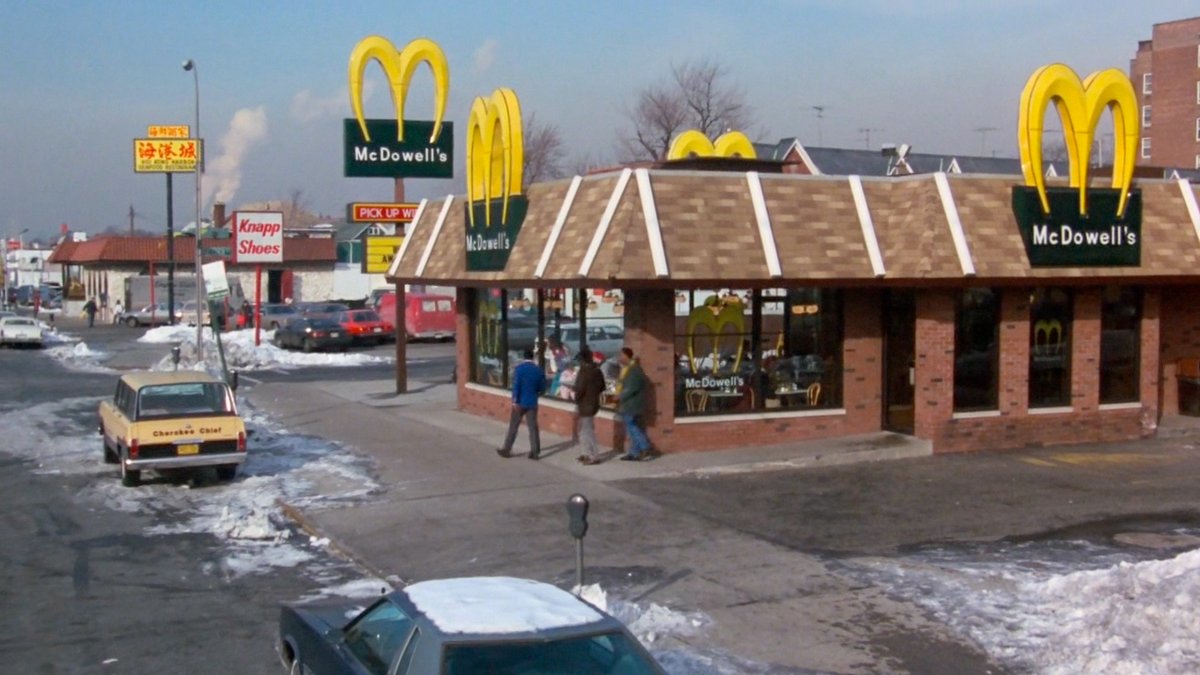
If you want to understand elevated distrust of the medical establishment, don’t invoke Tuskegee. Look at what Black women *today* say about their routine encounters with the medical establishment.
https://twitter.com/ztsamudzi/status/1366029269068091392
this thing Zoé’s pointing to about how her pain wasn’t acknowledged or treated by doctors?
wbur.org/hereandnow/202…
wbur.org/hereandnow/202…
Doctors treat Black patients seeking relief from pain as potential addicts, first.
• • •
Missing some Tweet in this thread? You can try to
force a refresh



